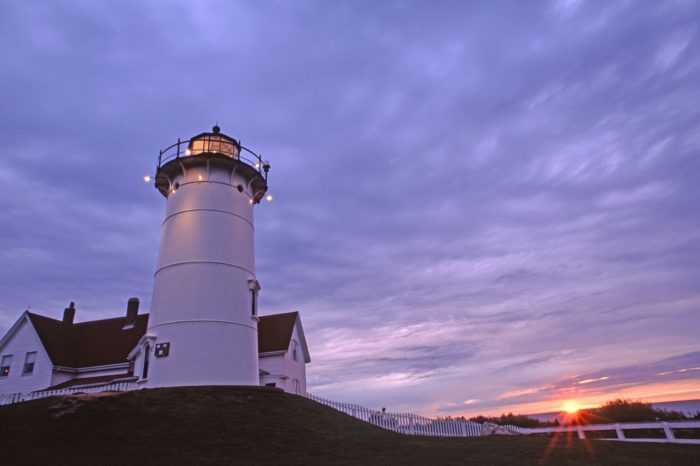Cape Cod’s Struggling Workforce
Cape Cod welcomes about four million tourists a year thanks to its standing as a top summer destination. To accommodate this influx of people, businesses on the Cape hire an estimated 20,000 temporary seasonal workers. With many towns having a small and aging population, employers, primarily from the restaurant and hotel industry, have to turn to foreign nationals to meet their seasonal labor needs. However, after visa laws were revised in 2018, a current shortage of these workers stands to threaten the Cape’s summer businesses.
The H-2B non-agricultural temporary worker program allows U.S. employers to bring foreign nationals to the United States to fill temporary non-agricultural jobs. The amount of H-2B visas that can be issued nationwide is decided annually by Congress and was capped at 66,000 for 2018—33,000 for winter positions and 33,000 for summer positions. On average, Cape Cod has had about 3,000 H-2B visa holders in past summers. These workers are only allowed to come for the time period their employer has established and must return home when their seasonal job ends.
Unlike the past practice of distributing visas based on the date the paperwork was filed or the skill of the business owner’s lawyers, this year the Department of Homeland Security decided to distribute visas through a lottery. Additionally, returning foreign workers will no longer be excluded from the cap tally. In the past, businesses could recall H-2B workers not only with the benefit of them not counting towards the cap tally, but also with the certainty that they have the required skill set because of their past experience with the same employer. The change results in a gap between the amount of available positions and workers to fill them. Congressman William Keating (D-Bourne) called the changes to the visa program “An economic issue,” and said “Businesses…will not be able to fully operate without H-2B assistance.” Provincetown is a perfect example of this, as its population of 3,000 has very little chance of supporting the 40,000 summer visitors without help from H-2B workers.
To ease the effects of the shortage of seasonal workers, some Cape businesses hire foreign students who hold J-1 student visas. Despite the visa being intended to give students academic opportunities, the J-1 allows foreign students to work while they are in the United States. While these student-workers can provide temporary relief to understaffed businesses, they are not ideal as they not only are less experienced, but they also often have to return to school before the Cape tourism season ends in mid-October. According to Jane Nichols Bishop, the president of Peak Season Workforce, a company that helps businesses obtain temporary work visas for foreigners, the H-2B is the “Invisible workforce that supplements the American workforce.” With Cape Cod tourism valued at $1 billion a shortage of H-2B workers significantly slows economic growth.
While in early June things seemed to be looking up as 15,000 more H-2B visas became available, a mistake in the posting of the paperwork likely left Cape business owners at a disadvantage. The forms, which need to be sent by mail to a processing facility in Vermont, were posted hours past the deadline. The delay meant business owners on the Cape fell back in line behind off-Cape applicants, hurting their chances of receiving the desired number of visas. Whether or not businesses are able to acquire any of the newly available visas, changes to the H-2B program spell trouble for Cape Cod.
Harris Foulkes is a Pioneer Transparency Intern and is a rising freshman at Amherst College where he plans to study economics.



